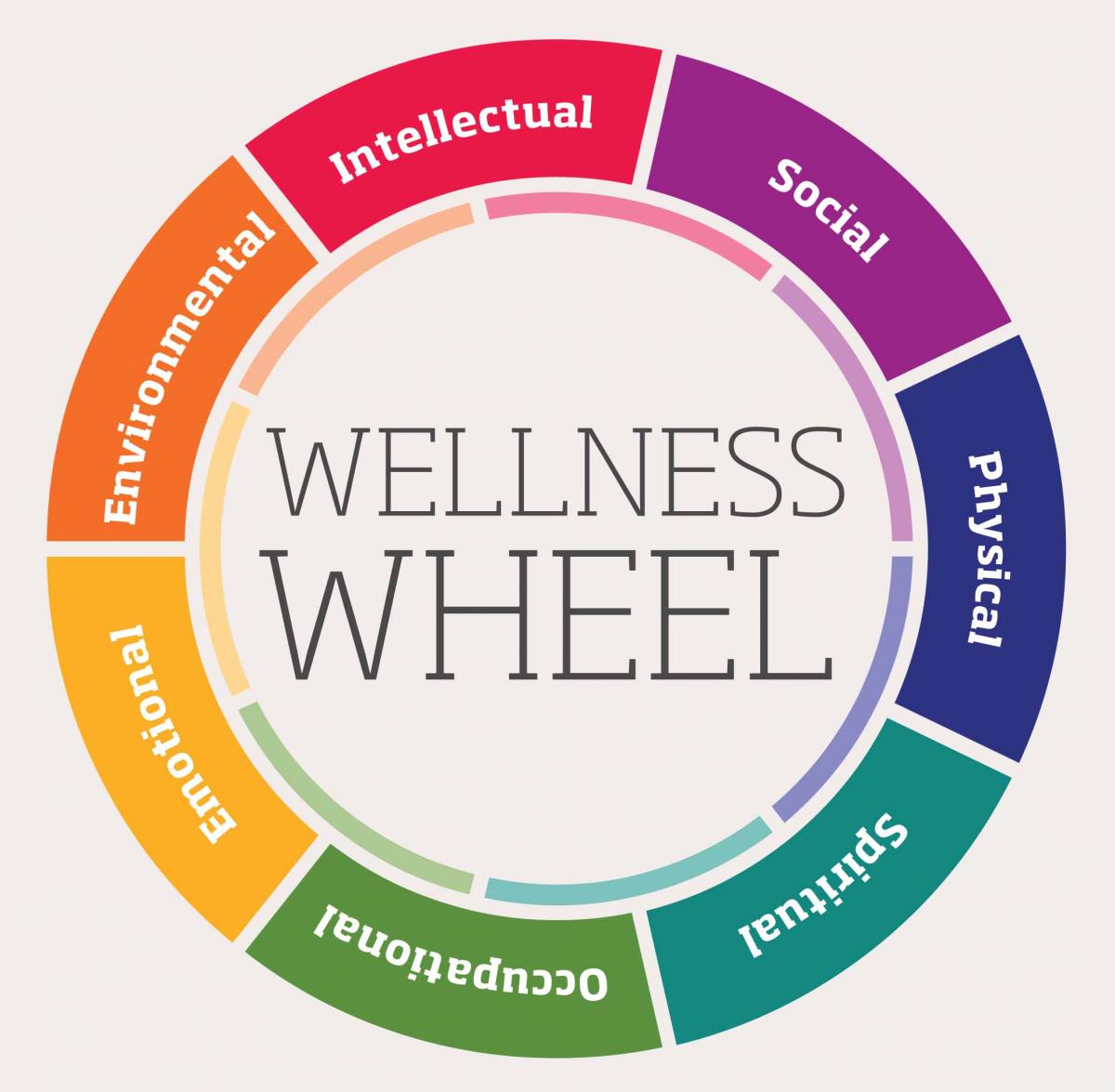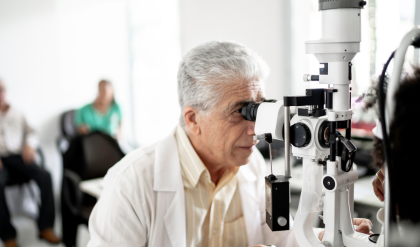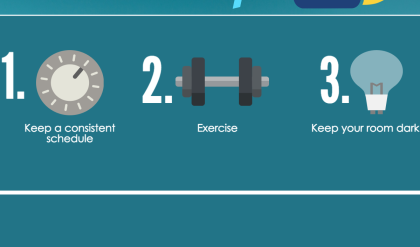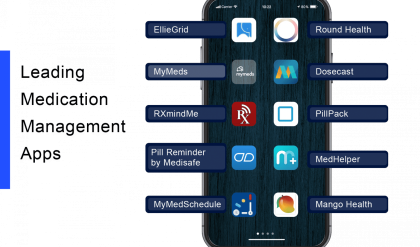:max_bytes(150000):strip_icc()/3145195-article-tips-to-reduce-stress-5a8c75818e1b6e0036533c47-922c3155e9c846eaa7447c75030b2c13.png)
Stress Less, Live Better: Practical Wellness Tips for Busy People
The modern world thrives on hustle. We’re bombarded with demands, deadlines, and the ever-present hum of notifications. But amidst the chaos, a quiet rebellion is brewing: a desire for genuine well-being, a yearning for a life less stressed. This isn’t about achieving perfect zen; it’s about incorporating small, sustainable changes that collectively make a massive difference. This isn’t about escaping reality; it’s about learning to navigate it with grace and resilience.
This article offers a practical guide to stress reduction, designed specifically for the busy individual. We’ll move beyond generic advice and dive into actionable strategies that fit into even the most jam-packed schedules.
Understanding the Stress Response:
Before we dive into solutions, it’s crucial to understand the enemy. Stress isn’t inherently bad; it’s a natural response to challenges. However, chronic stress – the kind that lingers and permeates our lives – is detrimental to both mental and physical health. It manifests in various ways, from anxiety and irritability to digestive issues and weakened immunity.
Part 1: Reclaiming Your Time & Energy
Busy doesn’t have to equate to overwhelmed. Strategic time management and energy conservation are key:
| Strategy | Description | Time Commitment | Benefit |
|---|---|---|---|
| Time Blocking | Schedule specific tasks in your calendar. | 15 minutes | Increased focus & productivity |
| Prioritization | Use methods like Eisenhower Matrix (Urgent/Important) | 5 minutes | Reduced overwhelm |
| Batching | Group similar tasks together (e.g., answering emails) | Varies | Enhanced efficiency |
| Delegation | Outsource tasks when possible. | Varies | Freed-up time & mental space |
| Saying No | Learn to politely decline commitments you can’t handle | Varies | Reduced stress & burnout |
Part 2: Mindful Moments in a Hectic Day
We often believe that self-care requires hours of dedicated time. However, even small, mindful practices can significantly reduce stress:
- Micro-Meditations: Incorporate short, 5-10 minute mindfulness exercises throughout your day. Apps like Calm or Headspace offer guided sessions.
- Deep Breathing Exercises: Practice box breathing (inhale for 4, hold for 4, exhale for 4, hold for 4) anytime stress hits.
- Nature Breaks: Step outside for even 5 minutes to appreciate your surroundings. The change of scenery is surprisingly restorative.
- Mindful Movement: A short walk, a few stretches, or even some dancing can release tension and boost your mood.
Part 3: Nourishing Your Body & Mind
Your physical health directly impacts your stress levels. Neglecting your body only exacerbates the issue:
- Hydration: Dehydration can amplify stress symptoms. Keep a water bottle handy and sip throughout the day.
- Nutritious Diet: Focus on whole foods, fruits, and vegetables. Avoid processed foods, excessive sugar, and caffeine.
- Quality Sleep: Aim for 7-9 hours of quality sleep per night. Establish a relaxing bedtime routine.
- Digital Detox: Schedule regular breaks from screens to reduce mental fatigue and eye strain.
Part 4: Building Resilience & Support
Stress management isn’t a solo endeavor. Cultivating resilience and seeking support are crucial:
- Journaling: Write down your thoughts and feelings to process emotions and gain perspective.
- Social Connection: Spend quality time with loved ones; meaningful connections provide vital emotional support.
- Hobbies: Engage in activities you enjoy – this provides a much-needed mental break and boosts happiness.
- Professional Help: Don’t hesitate to seek professional help from a therapist or counselor if stress is overwhelming.
Conclusion:
Stress management is a journey, not a destination. It requires consistent effort and self-compassion. By incorporating these practical strategies into your daily life, you can gradually reduce stress, reclaim your energy, and live a more balanced, fulfilling life. Remember, small changes add up to significant transformations. Start today, and begin your journey towards a life less stressed and more vibrant.

Additional Information
Stress Less, Live Better: A Deeper Dive into Practical Wellness for Busy Individuals
The concept of “Stress Less, Live Better” resonates deeply, particularly within our contemporary, fast-paced society. However, simply stating the connection between stress and well-being is insufficient. A deeper analysis requires exploring the specific mechanisms linking stress to various health outcomes, examining the efficacy of proposed “practical wellness tips,” and identifying potential limitations and individual variations in response.
The Physiology of Stress and its Impact:
The statement “stress less, live better” is rooted in the well-documented physiological consequences of chronic stress. The hypothalamic-pituitary-adrenal (HPA) axis, our body’s primary stress response system, releases cortisol, adrenaline, and other stress hormones. While beneficial in short bursts (e.g., preparing for a presentation), sustained elevation of these hormones contributes to:
- Cardiovascular disease: Chronic stress increases blood pressure, heart rate, and inflammation, significantly increasing the risk of heart attacks, strokes, and other cardiovascular events. The CDC reports that heart disease remains the leading cause of death in the US, with stress being a significant contributing factor.
- Immune system dysfunction: Prolonged cortisol exposure suppresses the immune system, making individuals more susceptible to infections and autoimmune diseases. Studies have shown a direct correlation between chronic stress and increased susceptibility to the common cold.
- Mental health issues: Chronic stress is a major risk factor for anxiety disorders, depression, and post-traumatic stress disorder (PTSD). The World Health Organization (WHO) estimates that over 280 million people worldwide suffer from depression.
- Metabolic syndrome: Chronic stress can lead to insulin resistance, increased abdominal fat, and elevated blood sugar, increasing the risk of type 2 diabetes and other metabolic disorders.
Analyzing the Efficacy of “Practical Wellness Tips”:
“Stress Less, Live Better” articles often suggest various strategies, such as exercise, mindfulness, adequate sleep, and healthy eating. While these are generally beneficial, their effectiveness varies significantly based on individual factors and adherence.
- Exercise: Regular physical activity is undeniably beneficial for stress reduction. Exercise releases endorphins, which have mood-boosting effects. However, the type, intensity, and duration of exercise must be tailored to individual fitness levels and preferences to maximize benefits and avoid burnout.
- Mindfulness and Meditation: Mindfulness techniques, including meditation and deep breathing exercises, can help regulate the HPA axis and reduce cortisol levels. However, consistent practice is crucial, and not everyone finds these techniques equally effective. Guided programs and professional instruction can improve adherence and outcomes.
- Sleep Hygiene: Adequate sleep is essential for stress management and overall well-being. Sleep deprivation exacerbates stress responses and impairs cognitive function. Establishing a consistent sleep schedule, creating a relaxing bedtime routine, and optimizing the sleep environment are crucial for improved sleep quality.
- Healthy Diet: A balanced diet rich in fruits, vegetables, and whole grains provides the necessary nutrients for optimal physical and mental health. Processed foods, excessive sugar, and caffeine can exacerbate stress and negatively impact mood.
Limitations and Individual Variations:
It’s crucial to acknowledge that the “one-size-fits-all” approach to stress management is inadequate. Individual factors such as genetics, personality traits, coping mechanisms, and social support significantly influence stress responses and the effectiveness of interventions. For instance, individuals with pre-existing mental health conditions may require specialized therapeutic interventions in addition to lifestyle modifications.
Conclusion:
While the concept of “Stress Less, Live Better” is broadly accurate, a deeper understanding requires recognizing the complex interplay between stress, physiology, and individual circumstances. While lifestyle modifications like exercise, mindfulness, and healthy habits are crucial, a holistic approach that considers individual needs and potentially incorporates professional guidance (e.g., therapy, nutritional counseling) is essential for achieving optimal well-being and effectively managing stress in our increasingly demanding world. Future research should focus on personalized interventions and exploring the long-term effectiveness of various stress-management techniques across diverse populations.






